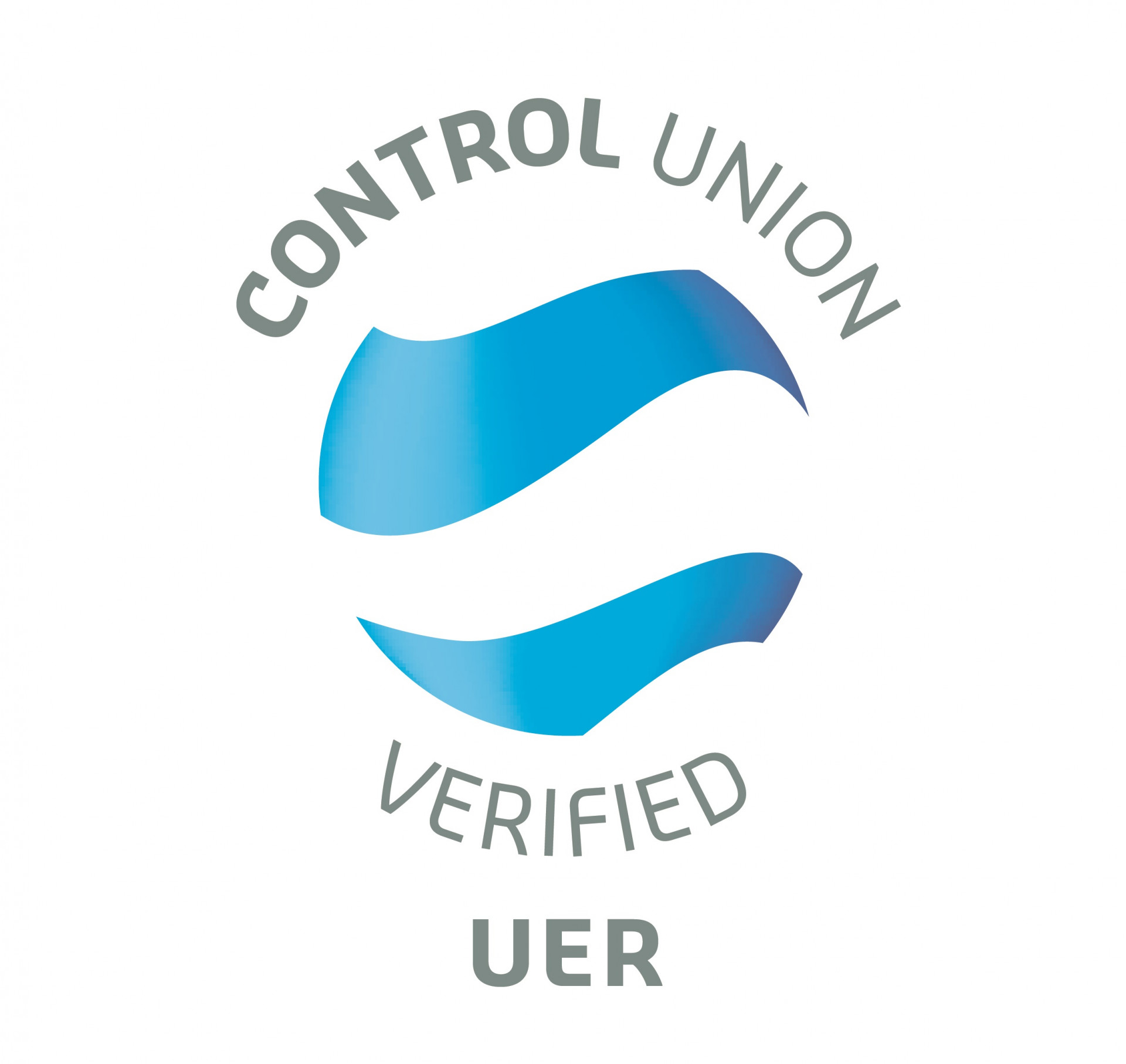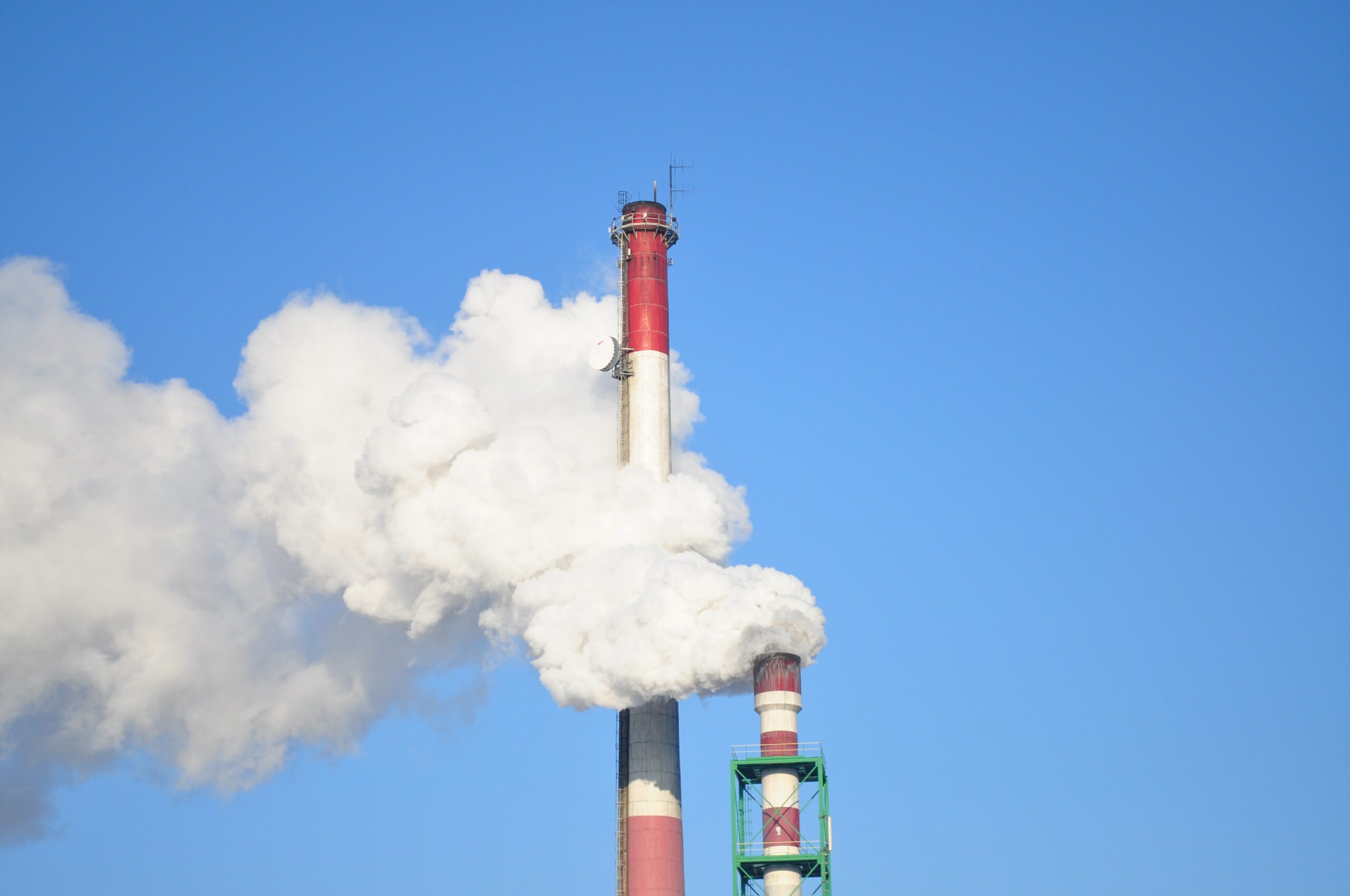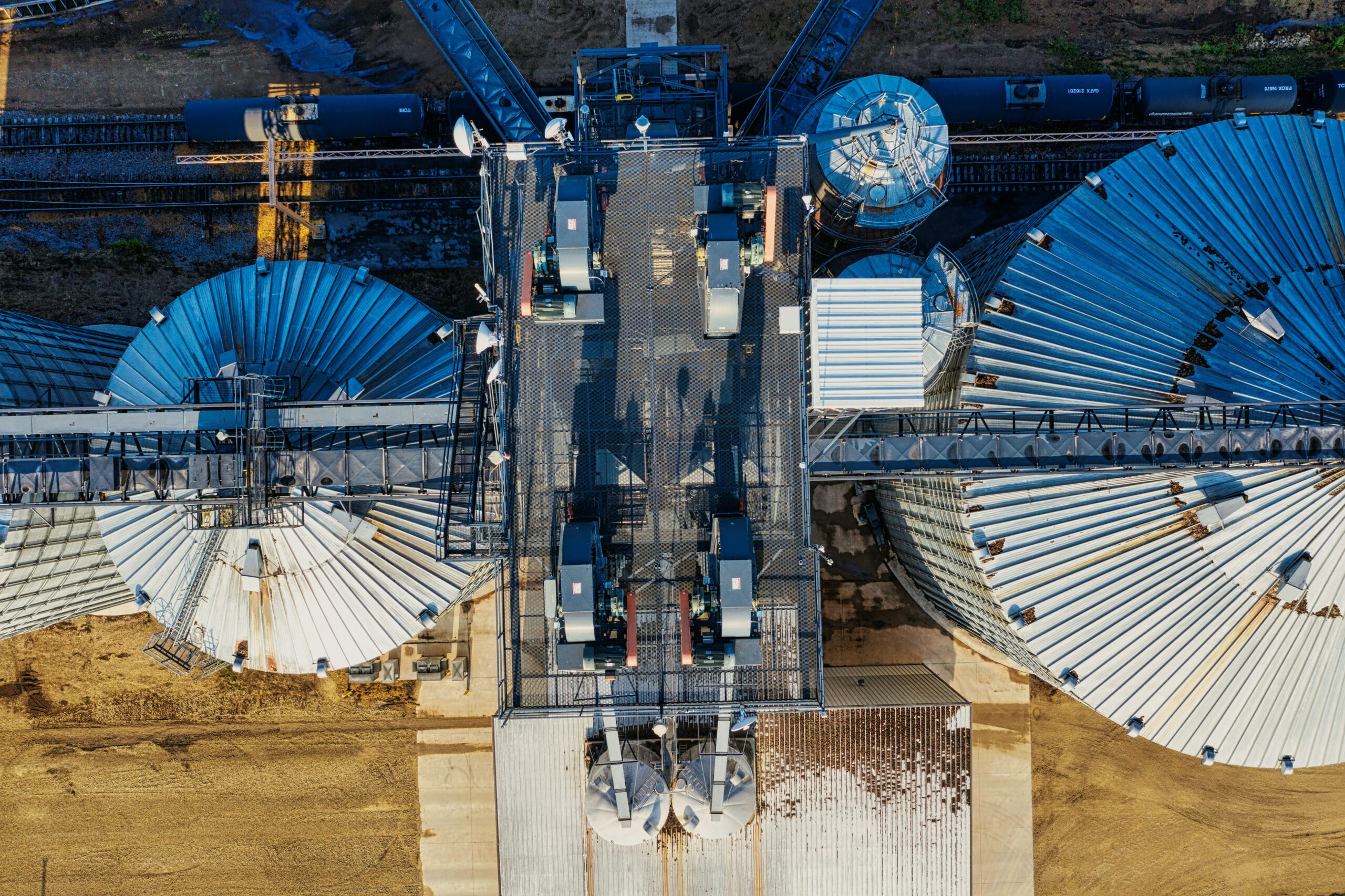
UER – Upstream Emission Reduction Verification
Following the EU Fuel Quality Directive (FQD), fuel suppliers in Europe are obliged to reduce the greenhouse gas (GHG) emissions of transport fuels by six percent in 2020, compared to the baseline of 2010. As an ISO 14065 accredited validation and verification body, Control Union Certifications Germany GmbH is recognised by the DEHst (Deutsche Emissionshandelsstelle) to execute validation and verification of UER projects.

Upstream Emission Reduction (UER)
About the certification
Following the EU Fuel Quality Directive (FQD), fuel suppliers in Europe are obliged to reduce the greenhouse gas (GHG) emissions of transport fuels by six percent in 2020, compared to the baseline of 2010. Among the options for companies to meet this obligation are setting up Upstream Emission Reduction (UER) projects and purchasing UER certificates.
UER is a new instrument to achieve a significant GHG emission reduction in the transport fuel supply chain. Upstream emissions are defined as all GHG emissions taking place before the raw material for the fuel enters a refinery or processing plant. Projects reducing upstream emissions in any country in- or outside the European Union can generate UERs. The subsequent UER certificates may then be sold to fuel suppliers, to be counted towards their six percent reduction target. Especially under German and UK legislation, UERs are an important instrument in reducing emissions in this sector. This will continue to create high demand for UERs also beyond the year 2020.
Examples of UER
Some examples of upstream emission reduction projects are:
-
Reduced flaring and/or venting in crude oil production
-
Use of renewable energies in crude oil production
-
Traffic shift in crude oil transport
-
Increasing energy efficiency in crude oil production, for instance by improving waste(water) treatments
Validation and verification
To ensure the eligibility of projects and the accuracy of the achieved emission reductions, all plans for UER projects need to be validated, and all UERs resulting from such projects need to be verified. As an ISO 14065 accredited validation and verification body, Control Union Certifications Germany GmbH is recognised by the DEHst (Deutsche Emissionshandelsstelle) to execute validation and verification of UER projects. Contact us now to get your UER project started and/or your UERs ready for sale and contribute to a cleaner transport fuel supply chain.

How you benefit
The benefits of getting certified by Control Union
-
Use UERs as option to comply with regulations for reducing emissions
-
Secure the credibility and quality of your UERs
-
Make reducing emissions financially feasible
-
Contribute to a cleaner transport fuel supply chain

How can we help you?
Would you like more specific information about our certification programs? If you have any further questions, please don’t hesitate to contact us; we’d be delighted to hear from you.